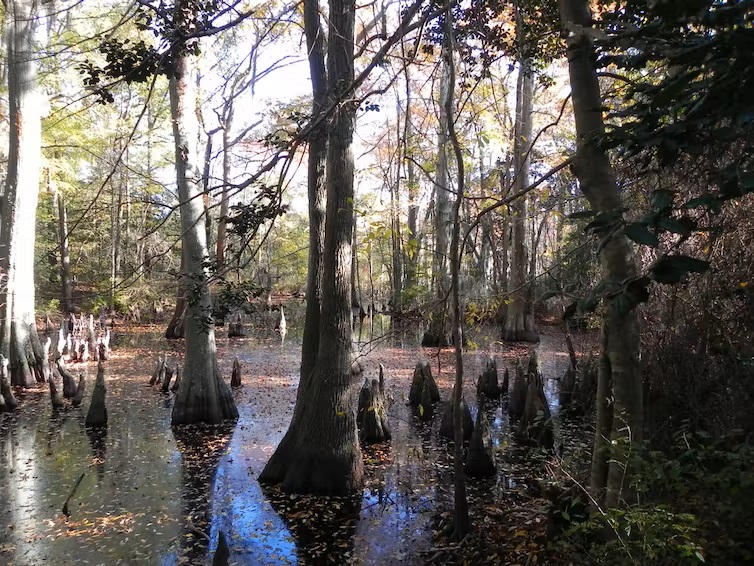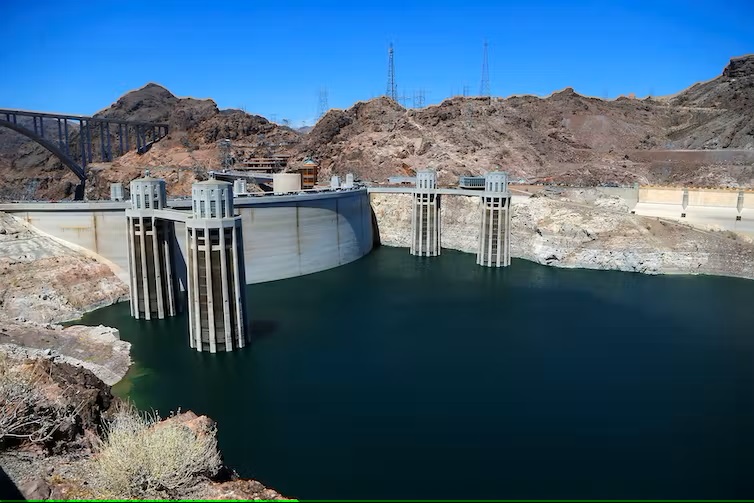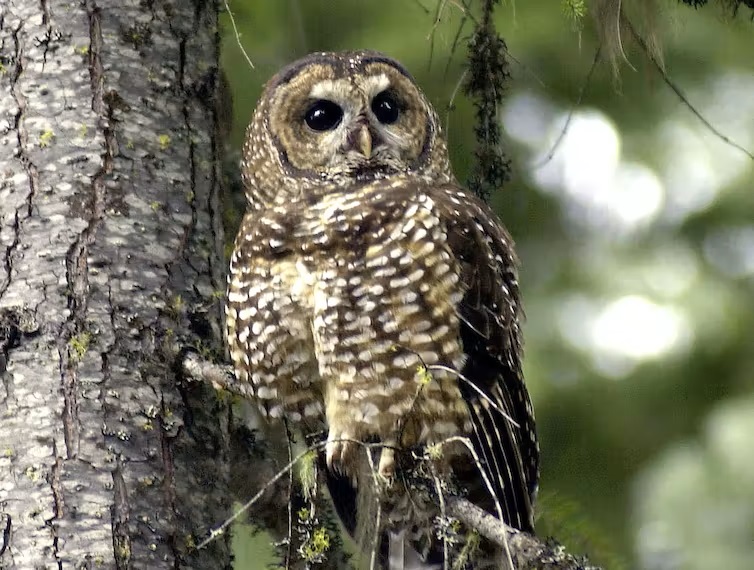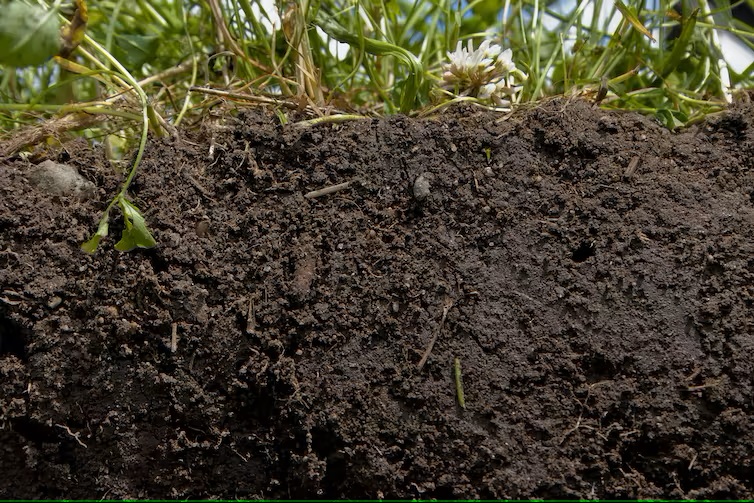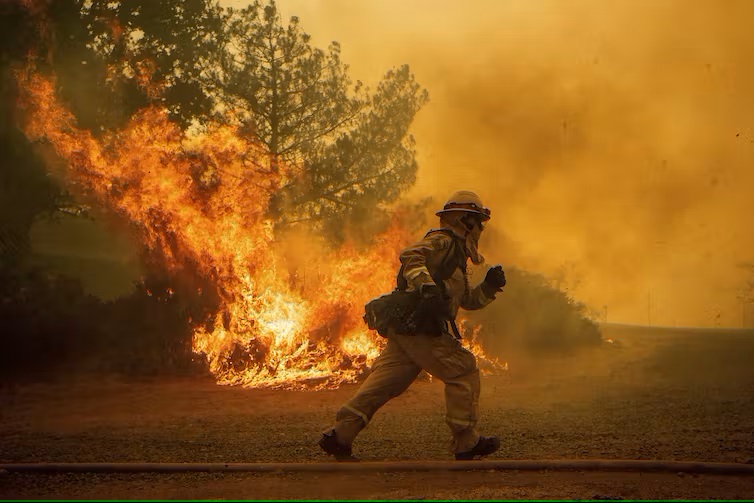Why we can’t reverse climate change with ‘negative emissions’ technologies
Howard J. Herzog, Massachusetts Institute of Technology In a much-anticipated report, the Intergovernmental Panel on Climate Change (IPCC) said the world will need to take dramatic and drastic steps to avoid the catastrophic effects of climate change. Featured prominently in the report is a discussion of a range of techniques for removing carbon dioxide from […]
Why we can’t reverse climate change with ‘negative emissions’ technologies Read More »




